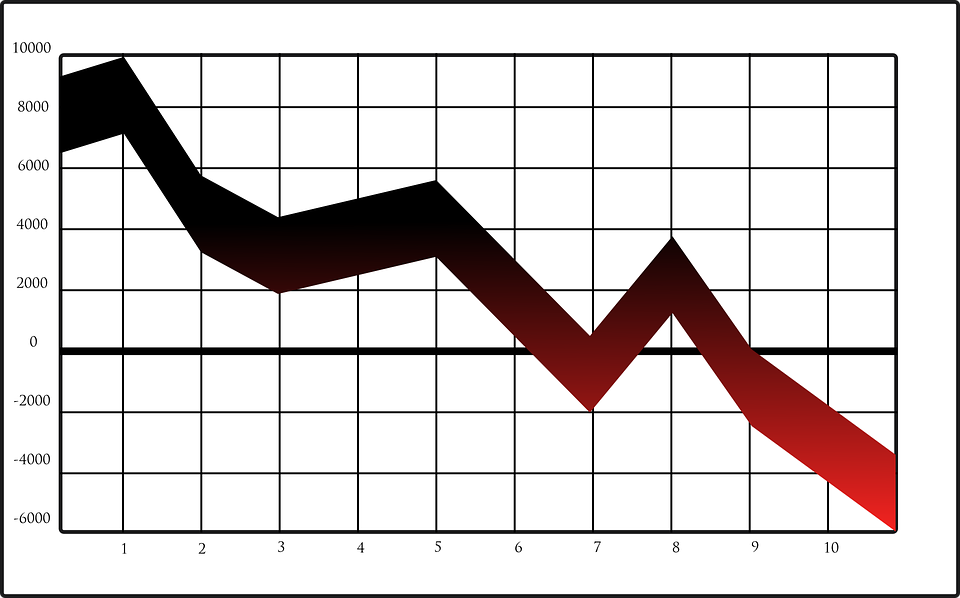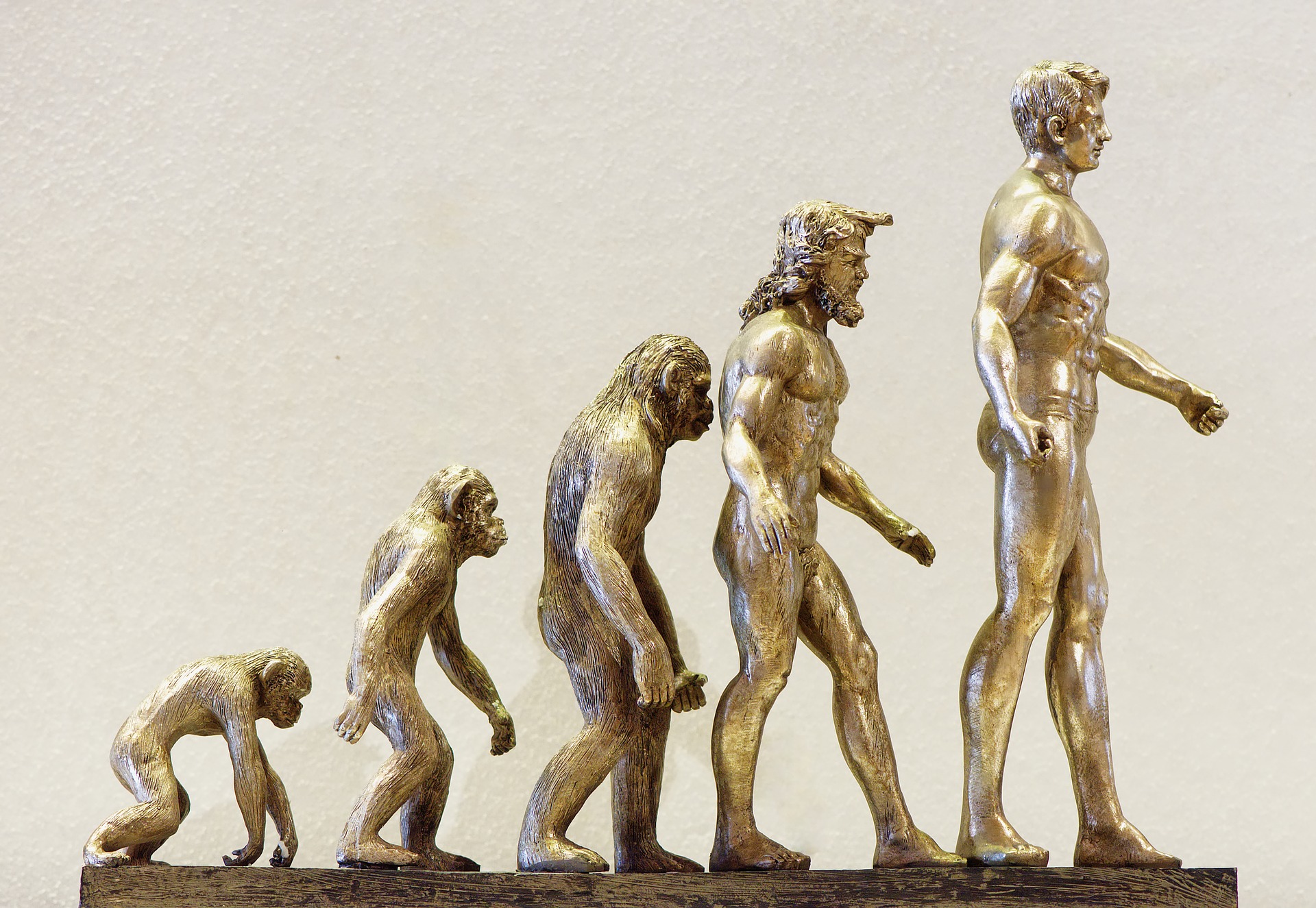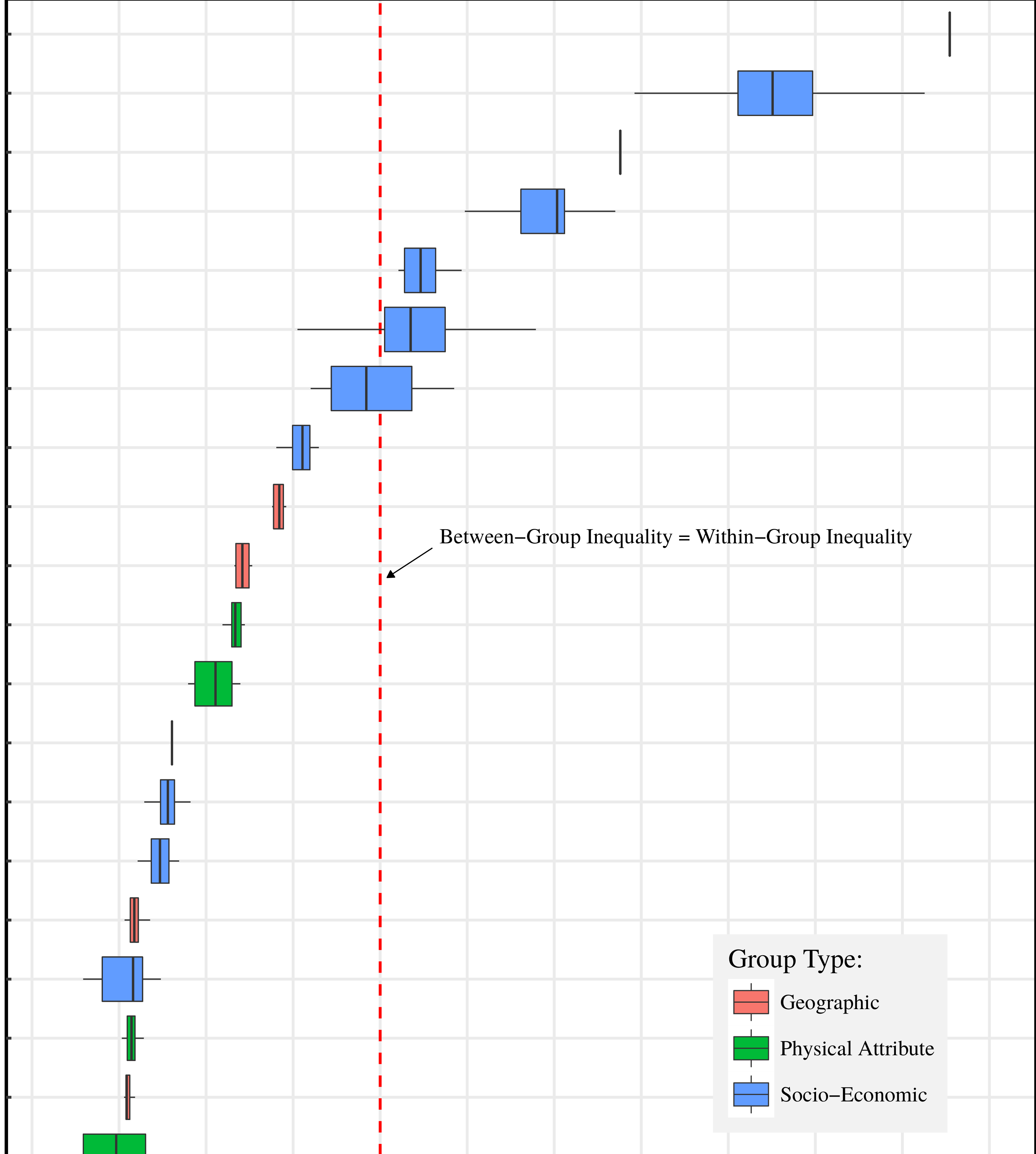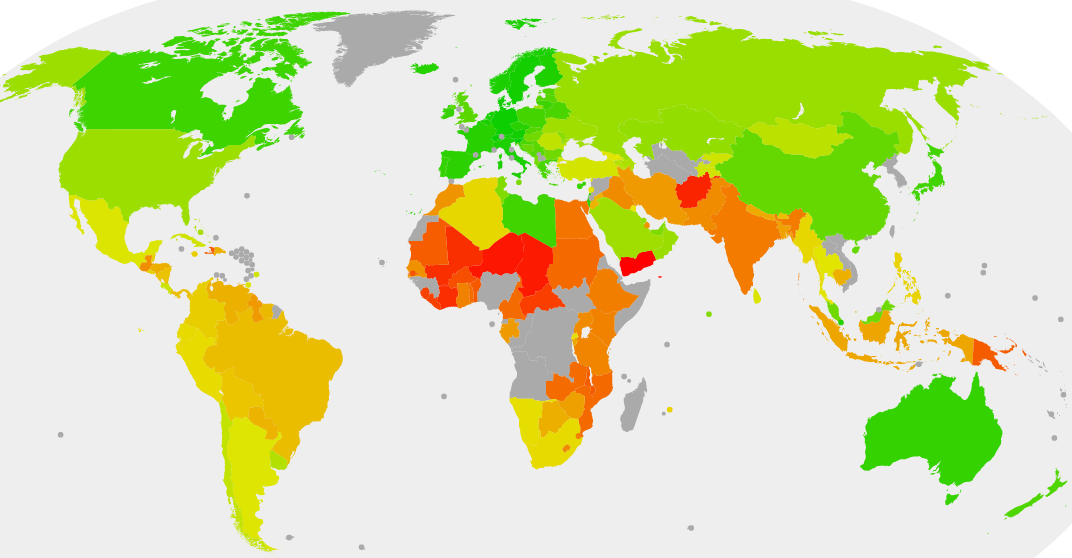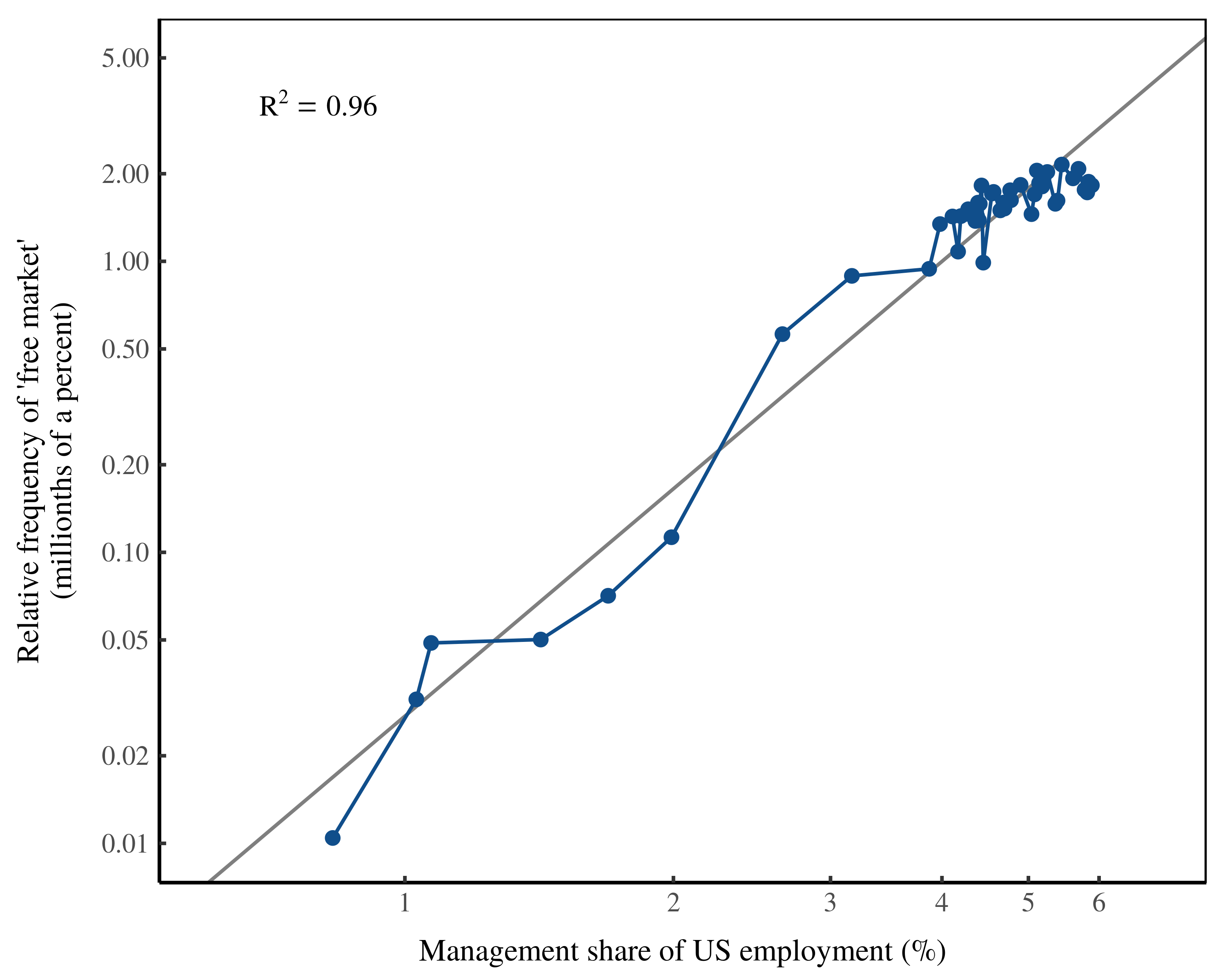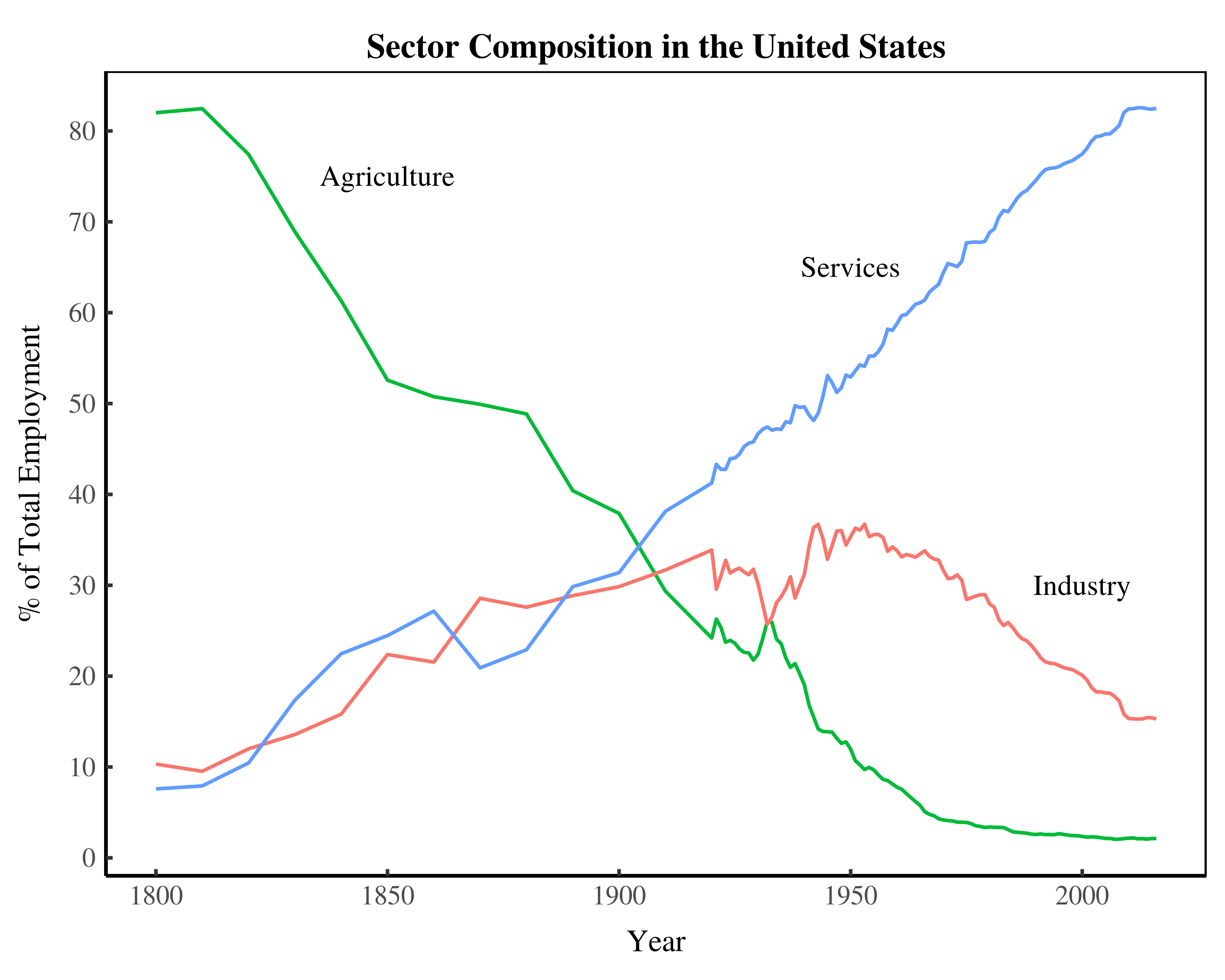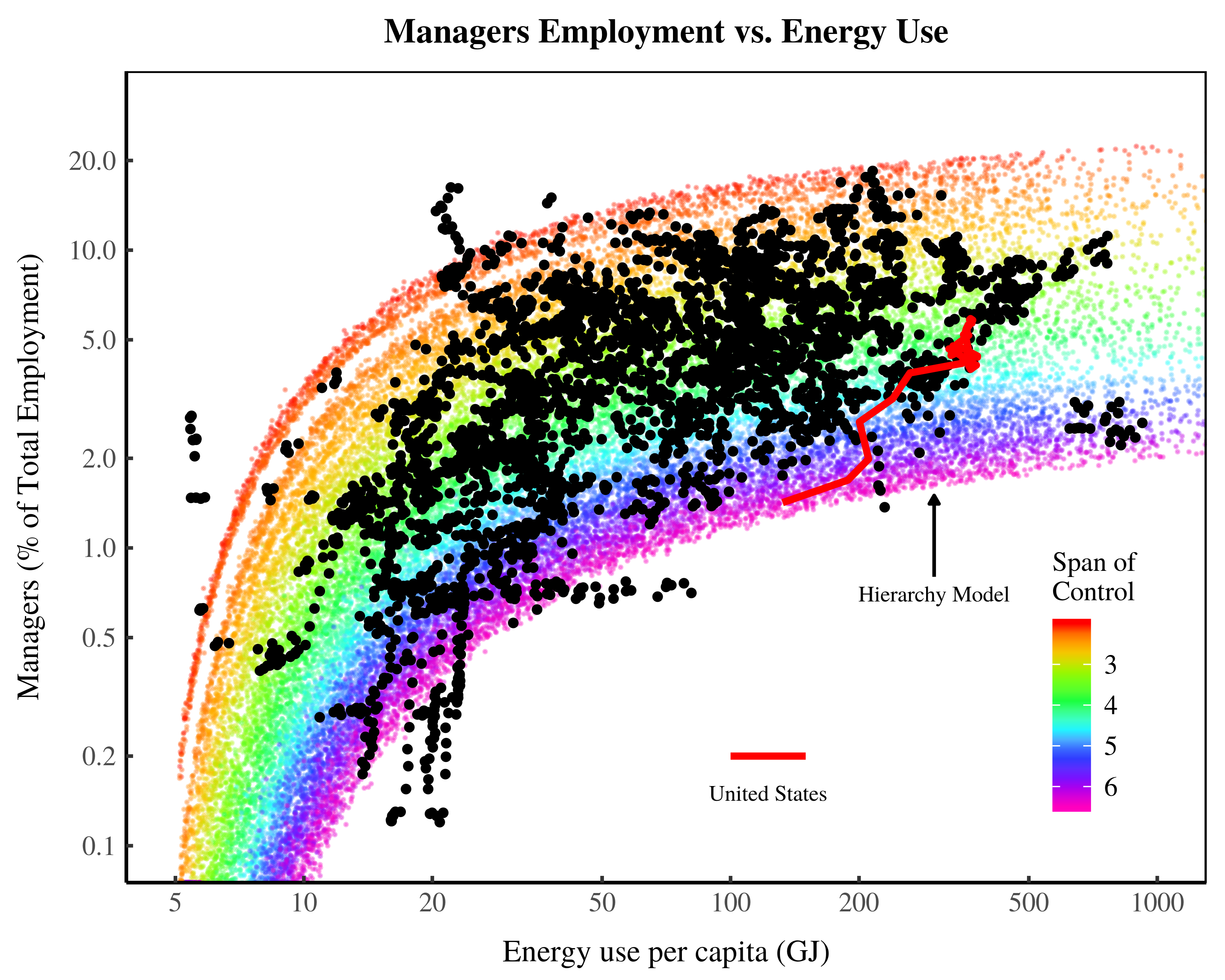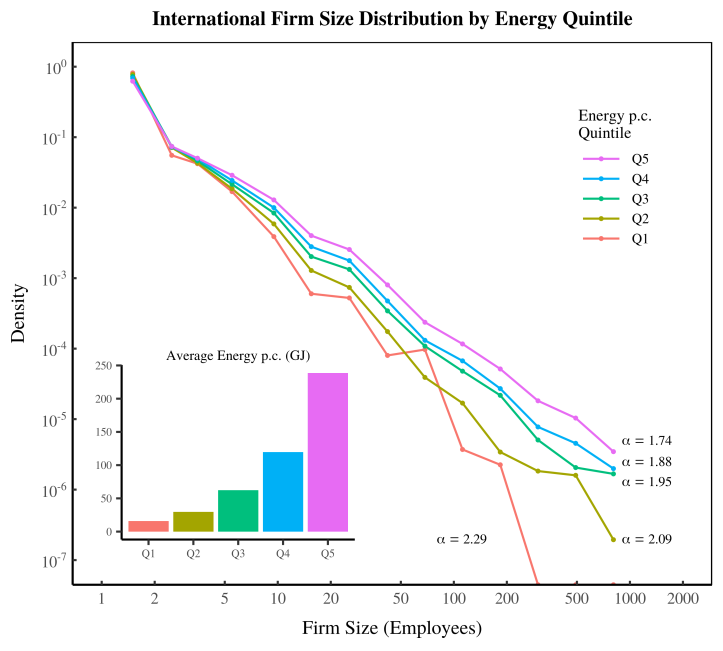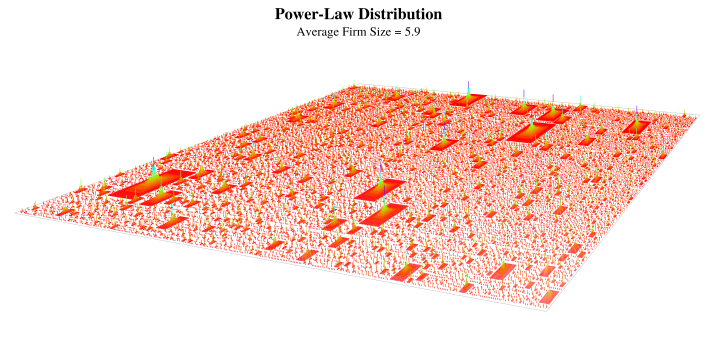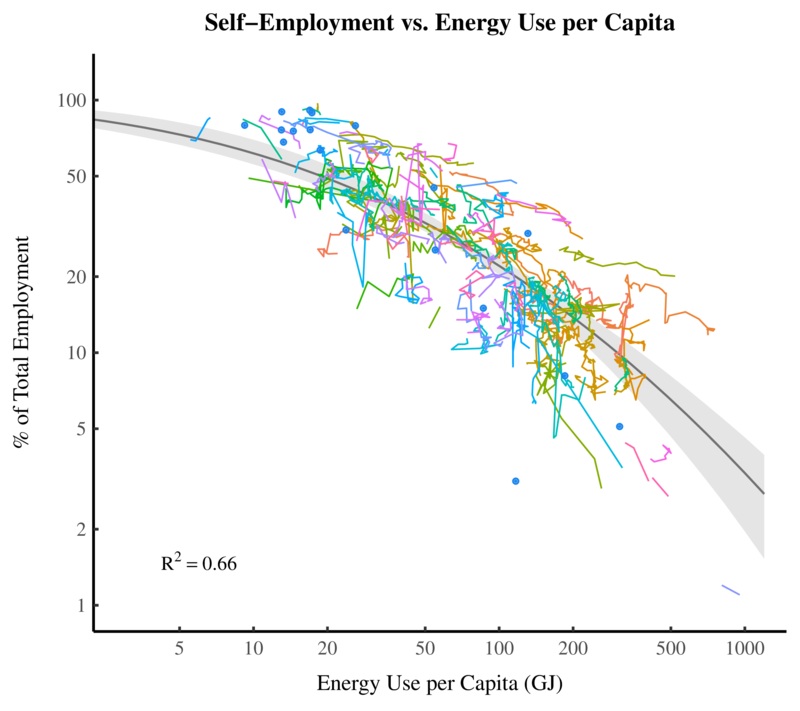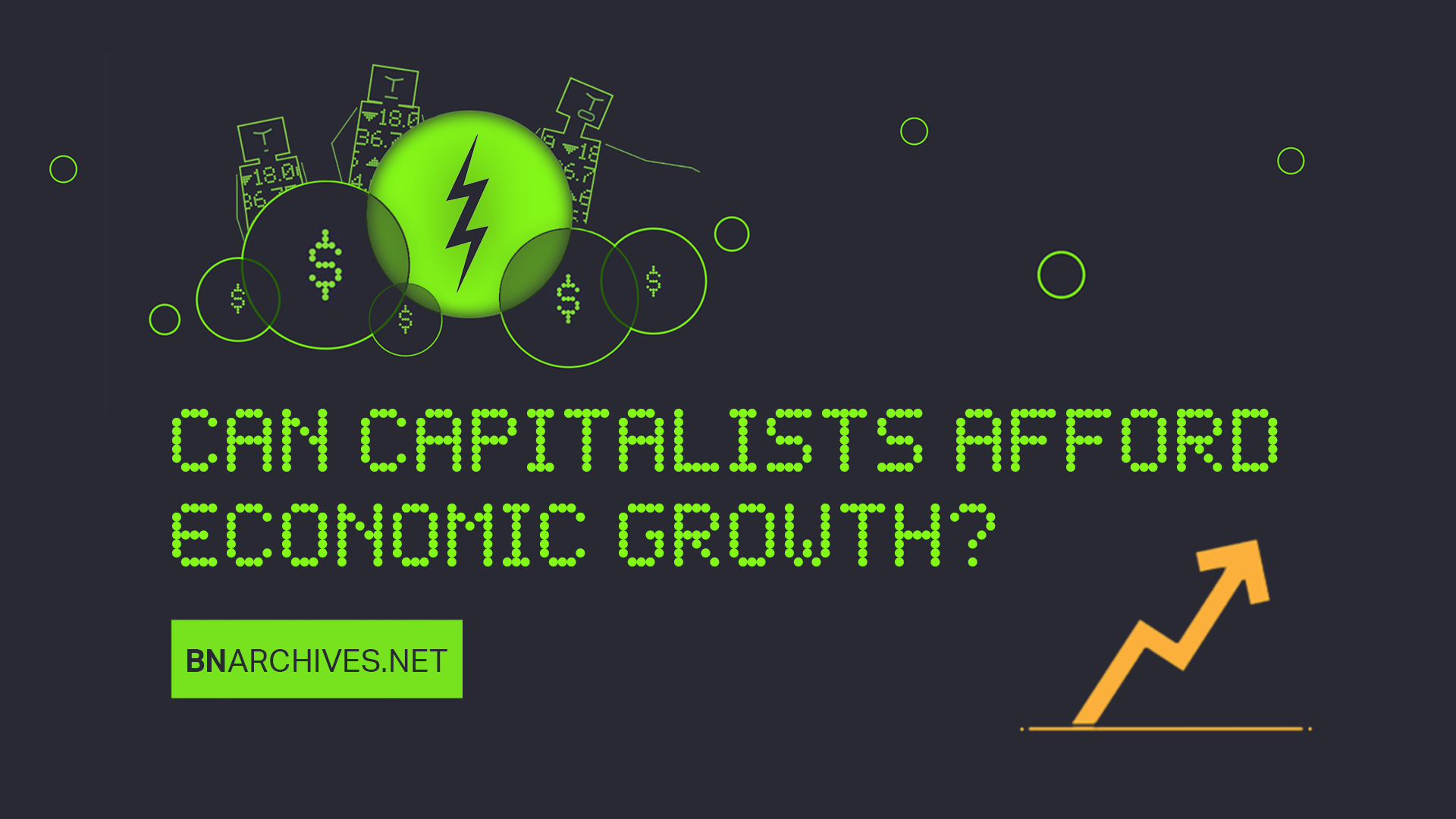Originally published on Economics from the Top Down Blair Fix Over the past few weeks, I’ve been thinking a lot about Aaron Swartz. Swartz was an internet pioneer who, in his teens and early 20s, made huge contributions to computer culture. Among other things, Swartz helped develop RSS (which organizes web feeds), Markdown (a simple […]
Continue ReadingWhat If Scientific Impact Could Be Negative?
Originally published on Economics from the Top Down Blair Fix Scientists live and die by their scientific ‘impact’. For the uninitiated, ‘impact’ is a measure of a scientist’s contribution to their field. While there are many measures of scientific impact, almost all of them focus (in some way) on citations. So if more people cite […]
Continue ReadingBichler & Nitzan, ‘Making America Great Again’
Abstract Trump has promised to Make America Great Again. As a self-proclaimed expert on everything of import, he knows exactly how to increase domestic investment and consumption, boost exports, reduce the country’s trade deficit, expand employment and bolster wages. And as America’s leader-and-policymaker-in-chief, he has taken the necessary steps to achieve every one of these […]
Continue ReadingFix, ‘An Evolutionary Theory of Resource Distribution’
Abstract This paper explores how the evolution of human sociality can help us understand how we distribute resources. Using ideas from sociobiology, I argue that resource distribution is marked by a tension between two levels of natural selection. At the group level, selfless behavior is advantageous. But at the individual level, selfish behavior is advantageous. […]
Continue ReadingFix, ‘Personal Income and Hierarchical Power’
Abstract This article examines the relation between personal income and hierarchical power. In the context of a firm hierarchy, I define hierarchical power as the number of subordinates under an individual’s control. Using the available case-study evidence, I find that relative income within firms scales strongly with hierarchical power. I also find that hierarchical power […]
Continue ReadingAre We Measuring Inequality the Wrong Way?
Originally published on Economics from the Top Down Blair Fix In a recent blog post called “How Not to Measure Inequality”, the anthropologist Jason Hickel argues that economists measure inequality the wrong way. Hickel thinks that standard measures of inequality (such as the Gini index), underestimate global disparities. The problem, according to Hickel, is that […]
Continue Reading2019/02.1: Fix, ‘How the Rich are Different: Hierarchical Power as the Basis of Income Size and Class’
Abstract This paper investigates a new approach to understanding personal and functional income distribution. I propose that hierarchical power — the command of subordinates in a hierarchy — is what distinguishes the rich from the poor and capitalists from workers. Specifically, I hypothesize that individual income increases with hierarchical power, as does the share of […]
Continue ReadingThe Allure of Marxism … And Why It’s a Mistake
Originally published on Economics from the Top Down Blair Fix Karl Marx is probably the most important social scientist in history. But while his influence is beyond compare, Marx’s legacy is, in many ways, disastrous. Few thinkers have inspired so many people to commit crimes against humanity. Think of Stalinist gulags. Think of the Ukrainian […]
Continue ReadingAs it Dies, We Talk About the ‘Free Market’ More
Originally published on Economics from the Top Down Blair Fix In The Growth of Hierarchy and the Death of the Free Market, I argued that economic development involves killing the free market. What was the evidence? As energy use increases, so does the relative number of managers. This growth of managers, I argued, indicates that […]
Continue Reading2019/04: Hager and Baines, ‘Jurisdictional Tax Rates: How the Corporate Tax System Fuels Concentration and Inequality’
Abstract Corporate concentration in the United States has been on the rise in recent years, sparking a heated debate about its causes, consequences, and potential remedies. In this study, we examine a facet of public policy that has been largely neglected in current debates about concentration: corporate tax policy. As part of our analysis we […]
Continue ReadingCan A Service Transition Save the Planet?
Originally published on Economics from the Top Down Blair Fix Let’s talk sustainability. Unless you’re an anti-science crank, you probably agree that we’ve got a problem with carbon emissions. We need to drastically cut emissions to avoid catastrophic climate change. On this we should all agree. The question that’s open for debate is how to […]
Continue ReadingWhere’s the Barefoot Revolution in Economics?
Originally published on Economics from the Top Down Blair Fix Yesterday I was reminded of what got me interested in economics. I’ll preface this by saying that I make my living as a substitute teacher in Toronto. It’s not glamorous, but it pays the bills. It gives me time to do research from outside academia. […]
Continue ReadingDow, ‘Canada’s Carbon Capitalism: In the Age of Climate Change’
Abstract This historically and critically informed dissertation investigates the question why Canada has become one of the world’s leaders in promoting fossil fuels through its unconventional hydrocarbon industry in spite of the science and growing awareness of climate change. Using a critical historical political economy approach that encompasses both ecological or biophysical scientific realities and […]
Continue ReadingThe Growth of Hierarchy and the Death of the Free Market
Originally published on Economics from the Top Down Blair Fix Do you believe in free markets? Do you think that unfettered competition is the best way to organize society? If so, this post is intended to shake your faith. No, I’m not going to argue that free markets are bad. Instead, I’m going to show […]
Continue ReadingEnergy and the Size Distribution of Firms
Originally published on Economics from the Top Down Blair Fix In this post, I’m going to return to the relation between energy and institution size. When we left off last time (in Groping in the Dark), I had described my struggle to understand how the size of firms and governments changes with energy use. It […]
Continue ReadingVisualizing Power-Law Distributions
Originally published on Economics from the Top Down Blair Fix In this post we’re going to take a journey into the world of power-law distributions. Power laws pop up again and again in my research. But I’ve never taken the time to discuss what makes them so weird. This post will be a little ‘power-law […]
Continue ReadingThe Autocatalytic Sprawl of Pseudorational Mastery
The Autocatalytic Sprawl of Pseudorational Mastery ULF MARTIN May 2019 Abstract According to Jonathan Nitzan and Shimshon Bichler (2009), capital is not an economic quantity, but a mode of power. Their fundamental thesis could be summarized as follows: capital is power quantified in monetary terms. But what do we do when we quantify? What is […]
Continue ReadingAgent-Based Models and the Ghost in the Machine
Originally published on Economics from the Top Down Blair Fix In the opening post of this blog, I described my ‘top-down’ approach to studying society. This means studying groups of people without trying to reduce everything to the actions of individuals. It’s not that I think individual actions are unimportant. Of course they are important. […]
Continue ReadingGroping in the Dark: The Untold Side of Research
Originally published on Economics from the Top Down Blair Fix There is an exciting side of blogging that I want to explore here. Blogging can tell the story behind research. This is something you don’t get in journals. Most scientific articles obey a formula that goes like this: Here is the question I asked. Here […]
Continue ReadingVideo: Can Capitalists Afford Economic Growth? An Animation
Elvire Thouvenot has produced an animated video that summarizes the key points of Bichler and Nitzan’s 2014 paper “Can Capitalists Afford Recovery? Three Views on Economic Policy in Times of Crisis.” This paper was first printed in Review of Capital as Power. It was reprinted in Philosophers for Change. Watch the video below:
Continue Reading

